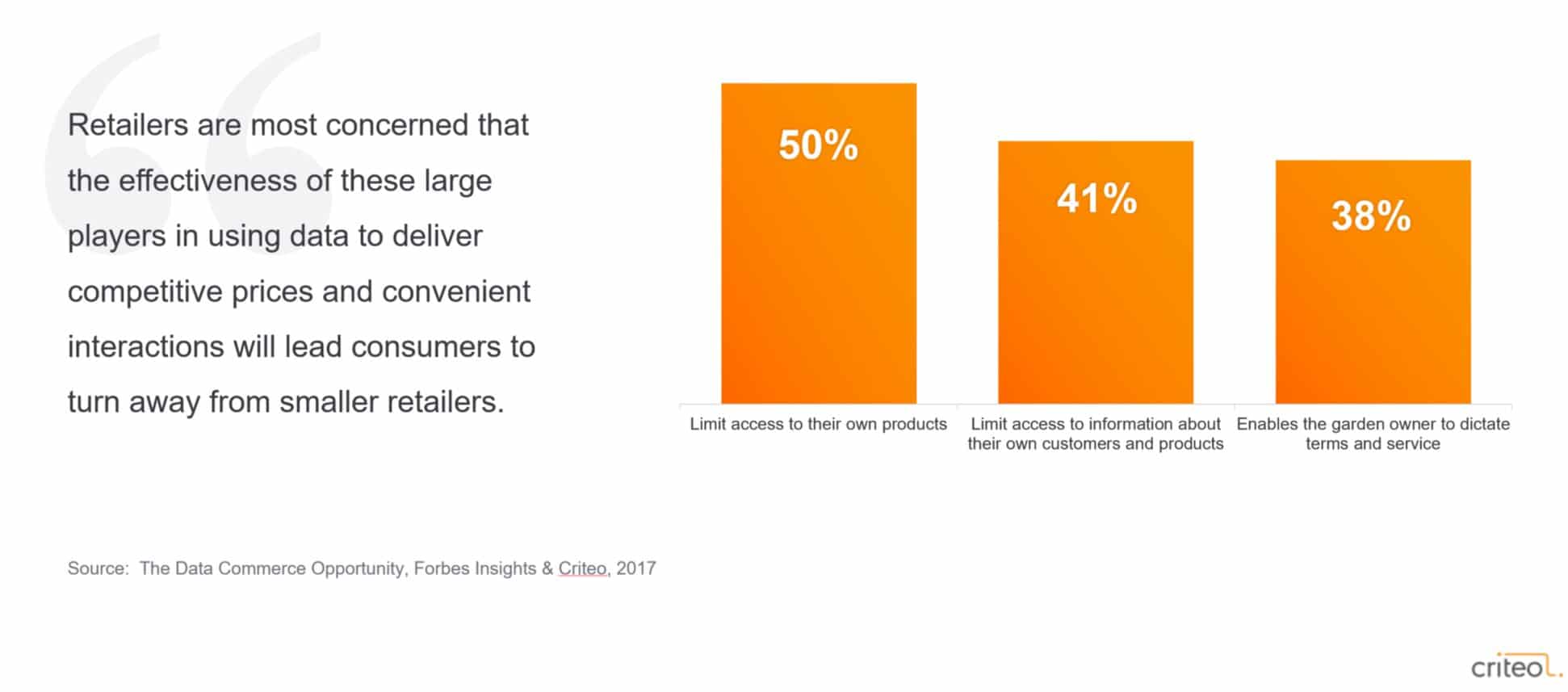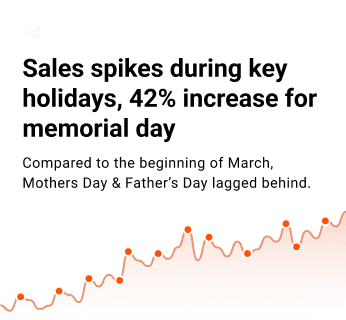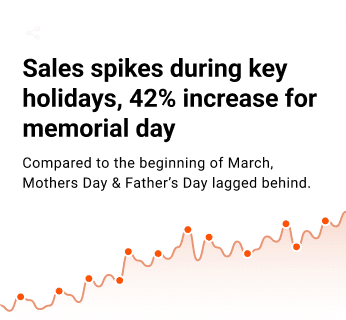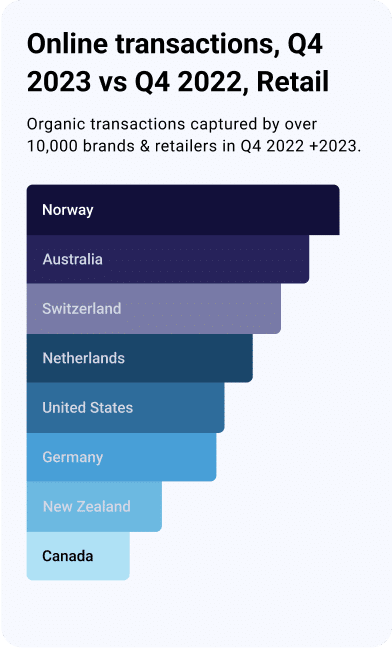The success of tech giants like Amazon or Facebook can be summed up in one word: data.
With massive amounts of customer data, it’s possible for Amazon to personalize the experience for each shopper. Facebook, too, relies on data to offer personalized content and ads to users as they navigate the website.
Tech giants – from Amazon and Facebook to Apple and Google – only offer a closed ecosystem to marketers. You can pay to access an audience, but you never own the relationship. The data stays behind closed doors, and you’ll never get the granular insights that you need to build customer loyalty.
But in our recent study with Forbes Insights, The Data Commerce Opportunity, we discovered that CMOs are figuring out ways to get the data they need. And it starts by collaborating with other companies and pooling data together.
Data Collaboration and Innovation
There’s no question among most CMOs that data is an important asset. Our research found that four out of five CMOs include customer data as a part of their business strategy. They’re collecting and using data across different channels and phases of the buyer journey, too.
So it should be no surprise that CMOs see value in pooling data assets together. Three-fifths of CMOs we surveyed said that they’re already collaborating on data initiatives.
When asked about the specifics, CMOs of brands and retailers said that they are willing to collaborate and share non-personally identifiable customer data related to:
- Online search
- Website usage
- Browsing behavior
- In-store / point-of-sale
That said, there is still hesitation to share the more specific data points related to:
- Customer interest
- Customer intent
- Mobile app usage
- Shopper journey data
Collaborating Beyond Walled Gardens

Marketing execs are not only willing to share data with other companies, the walled gardens of tech giants have made it an imperative.
Half of CMOs surveyed said they believe that walled gardens of large-scale consumer data can limit consumer access to a brand’s products. Nearly the same number (41%) believe that walled gardens limit brand access to information about their own customers and products.
By working together, retailers and brands are building their own data pools to compete. And at Criteo, we’re building an open ecosystem to help. By leveraging the data in the Criteo Commerce Marketing Ecosystem, it’s possible for companies to tap into a data pool that offers even more customer data than Amazon. That means more personalization and more sales. Without becoming dependent on walled gardens.























